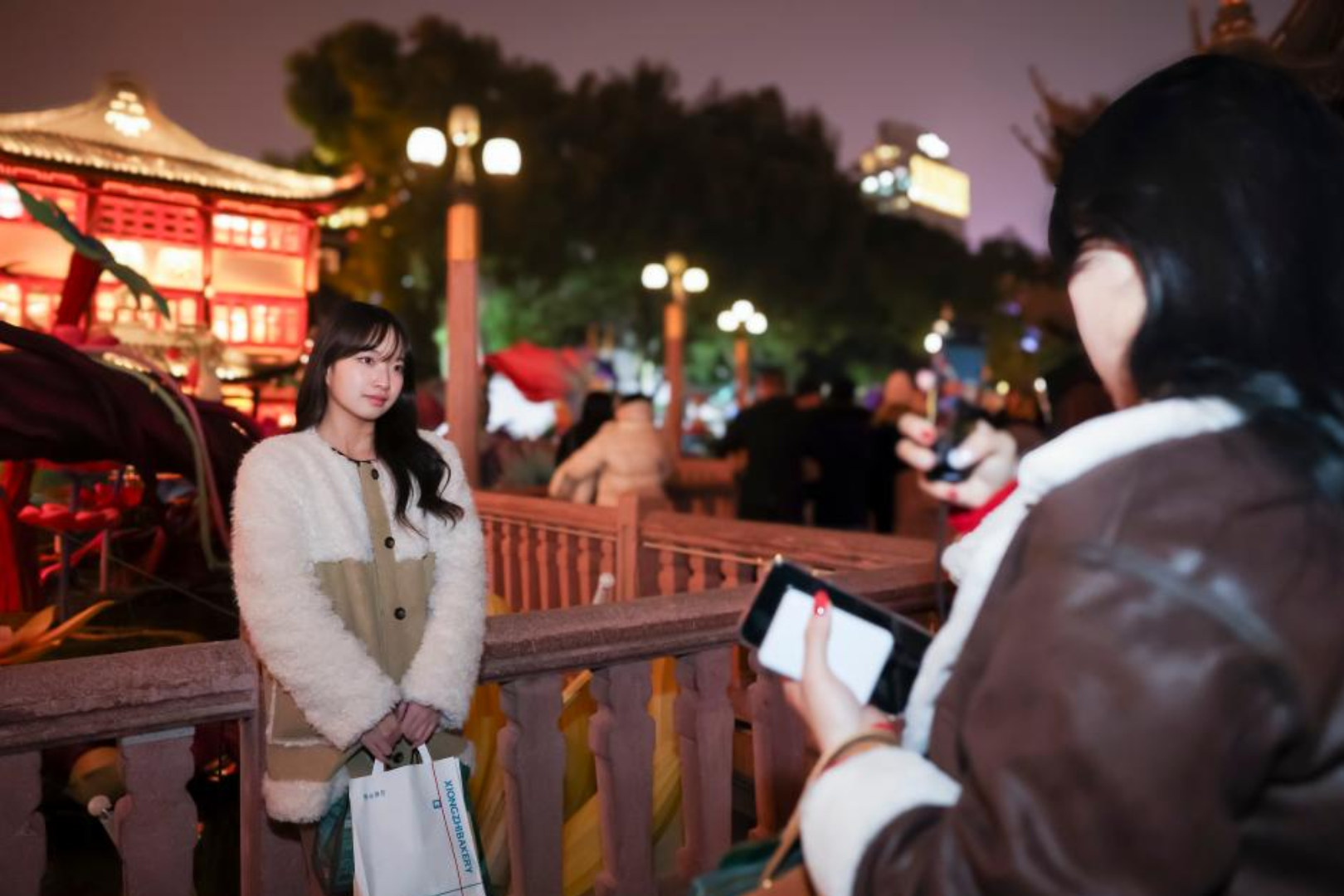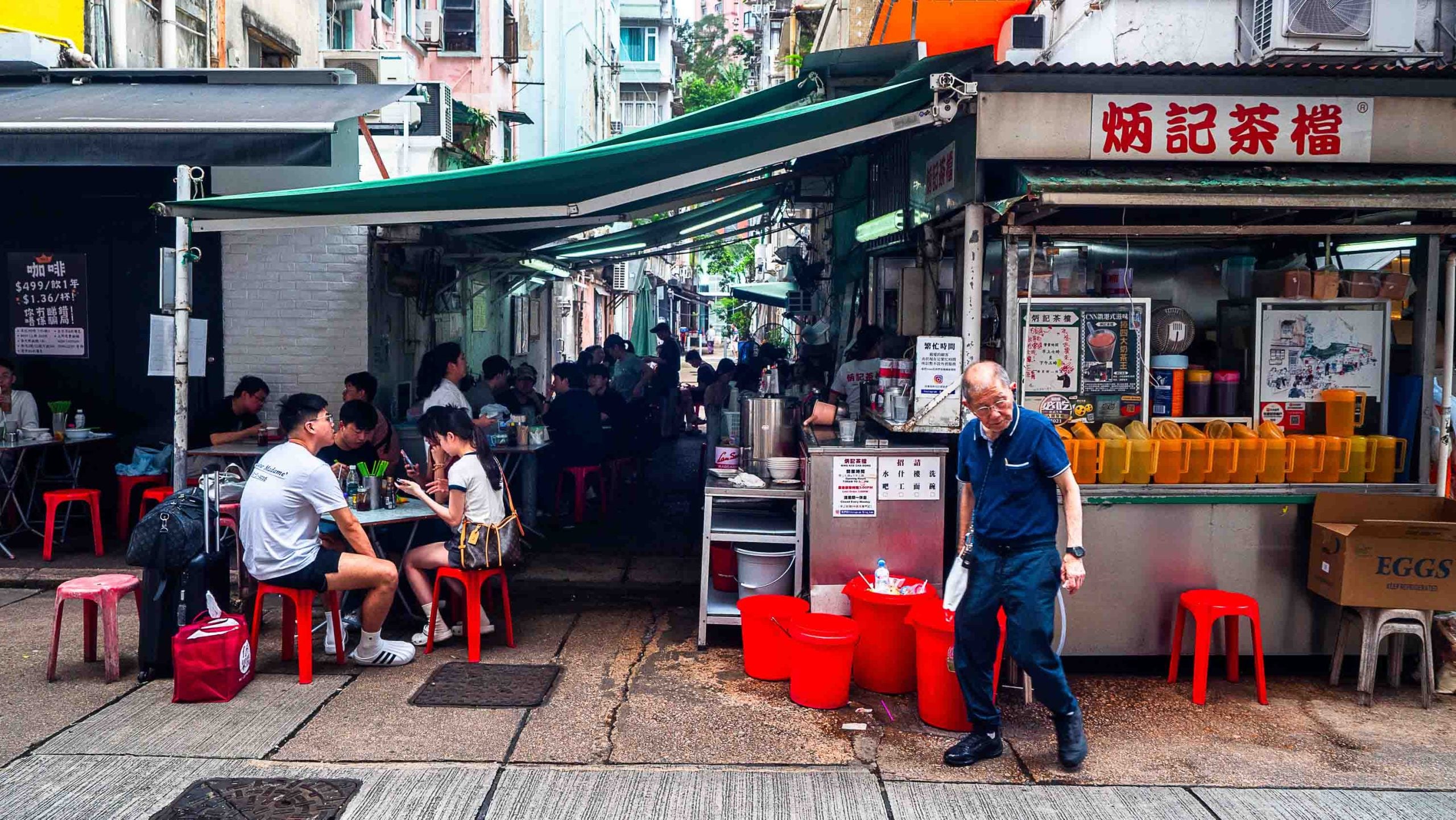For more than two weeks, Shanghai has been impacted by citywide lockdown measures that seem unable to stem the tide of rising Covid-19 infections. According to data released by local authorities, case numbers continue to soar in the coastal metropolis, with the city logging more than 27,700 new infections on April 13.
Desperate times call for drastic measures, and last Saturday saw the inauguration of the largest makeshift hospital in the country. The city’s National Convention & Exhibition Center has been outfitted with more than 50,000 beds, and it isn’t the only one of its kind.

Shanghai’s National Convention & Exhibition Center has been converted into a temporary Covid-treatment facility with more than 50,000 beds. Image via Depositphotos
More than 100 makeshift hospitals have popped up in Shanghai, reports state-affiliated publication Global Times. Altogether, they offer over 160,000 beds to Covid patients.
Populated by patients and medical personnel, these sprawling spaces are — unsurprisingly — a hotbed for stories, RADII discovers.
Zhuyi, a food blogger with more than 101,000 followers on Weibo, documented his 11-day quarantine at a temporary Covid-treatment facility via online diary entries that netizens have dubbed ‘makeshift hospital nonfiction literature.’
He started sharing his impressions and observations right after testing positive and being transferred to a temporary hospital at the tail end of March. His diary has been trending on Weibo ever since and has been viewed more than 1 million times daily.
Upon arriving at the medical facility, Zhuyi made a list of must-haves for potential patients, including a sleeping mask, toilet paper, tea, a mug, a toothbrush and toothpaste, scissors, and pajamas.
One week into his stay at the hospital, the 24/7 lighting started to have an adverse effect on Zhuyi. Finding it hard to fall asleep, he used blankets to build a tent-like fort that shrouded his bed in darkness. “It looks like a refugee tent from afar, but it works,” he joked online.

Bed sheets are used to block 24-hour lighting in one of Shanghai’s makeshift hospitals
Another issue Zhuyi encountered was a shortage of washing facilities, which were unable to meet the demands of the patients on-site. As a result, the blogger only washed his hair every five days.
“There is a 30-meter-long queue in front of a few taps of icy cold water,” he wrote, before humorously adding, “Luckily, I have short hair now, because the water flow is slimmer than a chopstick.”
Despite the round-the-clock lighting and lackluster hygiene infrastructure, Zhuyi listed several positive, memorable moments during his stay at the hospital, including the sweet serenades of a musically-inclined patient.
“In the hallway leading to the loo, a lady practices singing every day. The gigantic open space gives her voice a stereo quality.”
Other precious memories that resonated with the food blogger included children taking online classes from their hospital beds and playing with each other. He also took note of the special food served to ethnic minorities.
As a food blogger, Zhuyi naturally documented mealtimes inside the makeshift hospital. Patients received three meals a day, but these were far from tasty. Even so, they were the source of quarrels at the start.
“There was chaos initially, as people would rush and fight to get their food first,” said Zhuyi. “Then it became more and more manageable.”
While wandering around the facility and making conversation with strangers, Zhuyi realized that not everyone wanted to leave as badly as he did: Construction workers lacking permanent addresses, people who had lost their housing leases, and others worried about food supplies outside were happy to stay put.

A barber plying his trade inside one of Shanghai’s recently built Covid facilities
To some, the facility was more than a temporary home: It was a workspace and a source of income.
One barber, in particular, caught Zhuyi’s eye. He brought his toolkit with him to the hospital and developed a growing number of clients by offering haircuts for 20 RMB each. “He is unwilling to leave, I can tell,” wrote Zhuyi in his online diary.
“As I walk around, I feel like I’m in a remote yet familiar village.”
Upon receiving permission to leave the makeshift Covid-treatment center, Zhuyi was approached by fellow patients who gifted him with bread, milk, and leftover food to help him get by at home. Considering his lack of experience with hoarding or making group purchases, they hoped to keep him from starving.
“It will be hard, but I really can’t wait to get back home,” said the blogger on Weibo. “My time spent here has been precious, but I wouldn’t want to experience it twice.”
All images courtesy of Zhuyi


















